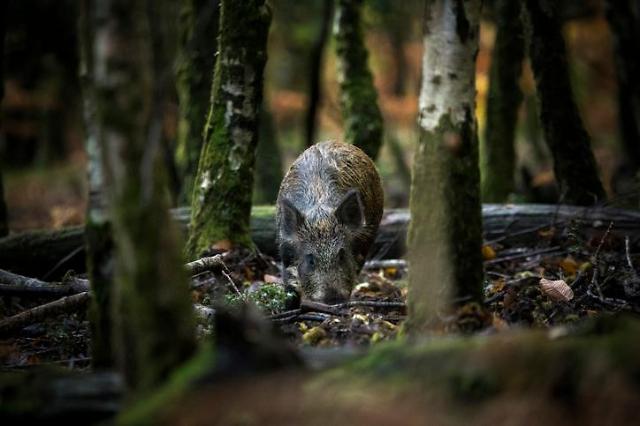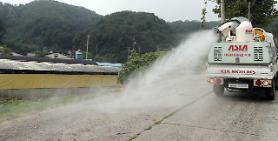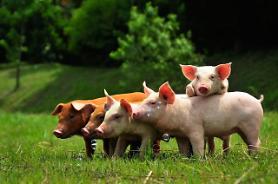
[Gettyimages Bank]
Wild pigs are indigenous to the Korean peninsula. Along with other top-tier predators like tigers, leopards, and black bears, wild pigs almost became extinct during the Korean War which crippled the mountains and burnt down all the trees in the early 1950s. The number of pigs recovered in the 1970s and 1980s when trees were planted in almost every mountain in South Korea through a coordinated government tree-planting project.
The increase in the wild pig population was boosted when more pigs were released through a government project designed to restore the natural food chain. Because an ordinary male wild boar has a territory of up to 300 square kilometers (74 acres), weaker pigs get pushed away from their natural habitat to urban areas including Seoul with some 120 small and large mountains looking for food.
According to Seoul City, a total of 155 wild pigs were captured in Seoul between January and November 2022. About 70 percent were caught in a national park area north of the capital city while the other 30 percent were captured in residential areas. Seoul currently operates hunter teams to set up cage traps to remove wild boars.
The environment ministry and agriculture ministry are also keeping their keen eye on the frequent appearance of wild pigs in the urban area as the animals are known to be the carrier of the African Swine Fever disease with a 100 percent case fatality rate.
African Swine Fever (ASF) virus causes hemorrhagic fever with about a 100 percent fatality rate in domestic pigs. The disease is spread by wild pigs that come down to pig farms to look for food during winter when food in the wild is scarce, or by ticks. The first case of ASF in South Korea was found in September 2019. ASF only affects domestic pigs. Wild pigs can carry the disease and not be affected by it.
The government had organized troops and hunters to hunt down wild boars to prevent the pigs from moving southwards. Some 270,000 wild pigs were hunted in South Korea between October 2019 and October 2022, according to the environment ministry. The ministry saw that about 75 percent of wild pigs were hunted. ASF virus is extremely difficult to eradicate. Culled pigs are burnt to destroy the virus.
Copyright ⓒ Aju Press All rights reserved.




